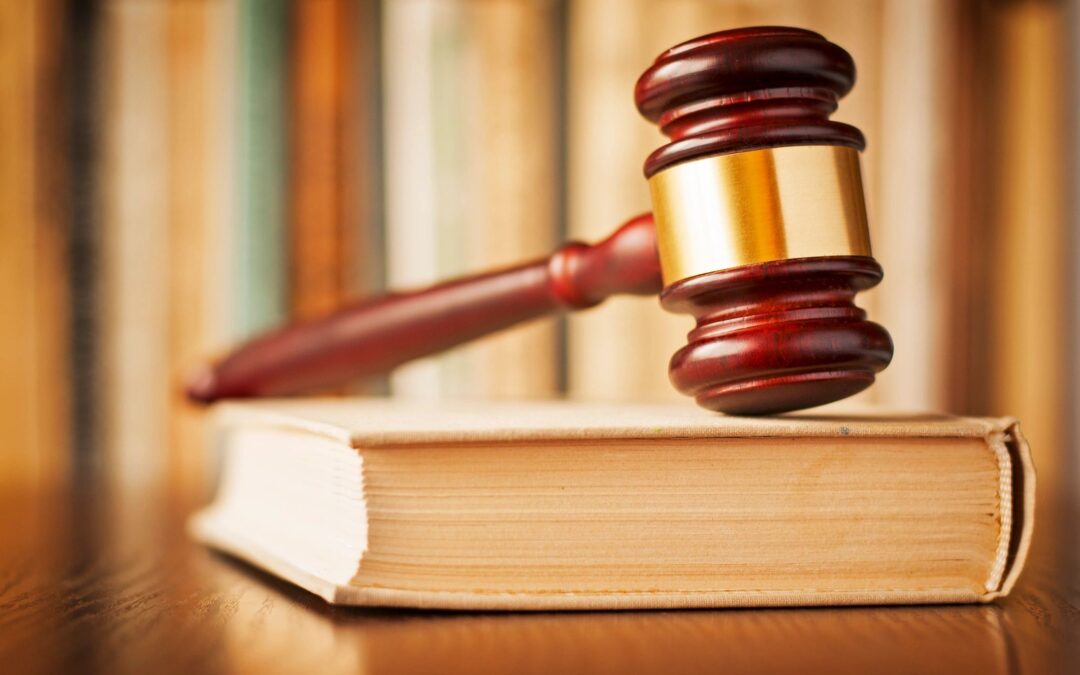
by David Maiorana | Nov 12, 2025 | Evidentiary Issues, Expert Witnesses, PTAB News, PTAB Trial Basics
By David Linden, Dave Maiorana, Thane Bonnett,* and Pranita Dhungana – On October 1, 2025, USPTO Director John Squires issued his first Director Review decision, terminating in whole IPR2024-00465 (“IPR465”) based on unreliable and inconsistent expert...

by David Maiorana | May 27, 2025 | Evidentiary Issues, Prior Art Issues
By David Linden, Ernie Olesky, and Dave Maiorana – On October 29, 2024, BabyBjörn AB (“BabyBjörn”) filed two separate petitions for inter partes review (“IPR”) of U.S. Patent No. 11,786,055 (“the ’055 Patent”), which is assigned to The ERGO Baby Carrier, Inc....

by Matthew Johnson | Mar 12, 2025 | Evidentiary Issues, Prior Art Issues, Trial Institution
By Mike Lavine – On February 6, 2025, the PTAB denied IPR institution because the Petitioner failed to establish that its key prior art reference qualified as a printed publication under Section 102(b). The PTAB’s decision hinged on whether the “Dammann”...

by Lisa Furby | Feb 21, 2025 | Discovery, Evidentiary Issues, PTAB Trial Basics
By Lisa Furby and Jim Twieg – “Because Congress intended inter partes reviews to serve as a faster and more cost-effective alternative to litigating validity in district courts, discovery in inter partes reviews is limited.” See Garmin Int’l, Inc. v....

by Matthew Johnson | Dec 23, 2024 | Evidentiary Issues, PTAB News, PTAB Trial Basics
By Adam Cook and Matt Johnson – In a 2-1 decision, the Patent Trial and Appeal Board (“PTAB”) denied a patent owner’s motion to file two new declarations in connection with its sur-reply, holding that the patent owner failed to prove the extraordinary...

by Matthew Johnson | Dec 19, 2024 | Evidentiary Issues, Prior Art Issues, PTAB News, PTAB Trial Basics
By Nicholas D’Andrea and Matt Johnson – The PTAB denied institution of inter partes review (IPR) for a patent directed to geothermal technology. Fervo Energy Co. v. Ormat Techs. Inc., IPR2014-00665, Paper 18 (PTAB Sept. 18, 2024). The claimed invention...







